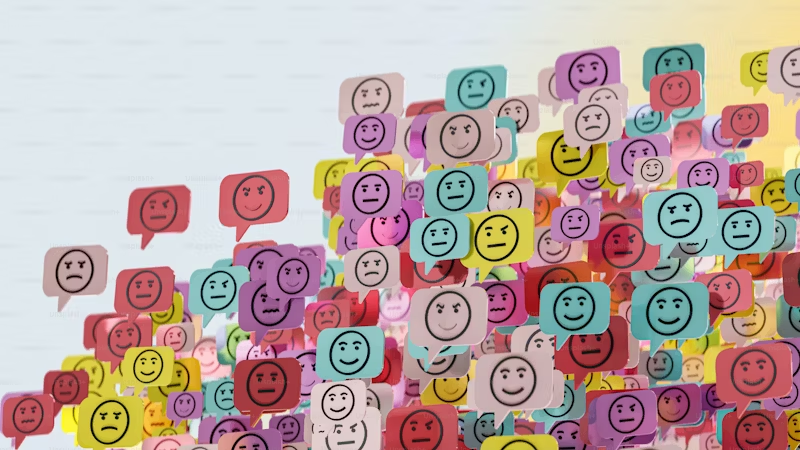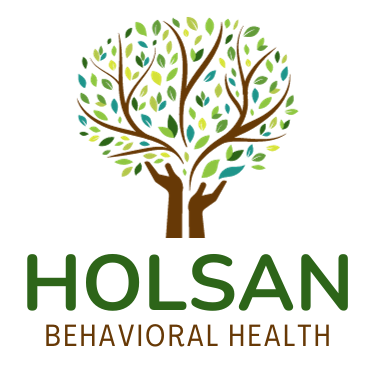¿What is Behavioral Health?
Behavioral health refers to the connection between an individual’s behaviors and their overall mental, emotional, and physical well-being. This concept encompasses different areas of the human being, understanding that the actions we take as individuals are based on behaviors we have learned or adopted in response to the events in our lives.

For example: a person with chronic anxiety disorder. Considering that Chronic anxiety not only affects a person’s mental health but also their behaviors, such as social isolation, developing unhealthy eating habits, poor sleep hygiene, etc.
¿How does Behavioral Health Therapy help?
Behavioral Health services address both the thoughts driving the anxiety and the associated actions, leading to a healing process where patients not only understand how their disorder works, but also how to lead a life where their diagnosis doesn’t define or limit them.

Behavioral Health Therapy Benefits
- Improved Mental Well-Being. Understanding emotional and mental challenges provide self-knowledge towards how you feel and what support mechanisms you can benefit from. This helps people gain better control over their mental state, leading to increased happiness, reduced stress, and a more positive outlook on life.
- Stronger Relationships. Improving your relationship with yourself and acquiring tools to take care of your mental health-favour communication, conflict resolution, and empathy among relationships.This promotes healthier connections with family, friends, and coworkers.
- Better Physical Health. Since Behavioral health therapy addresses habits that impact physical well-being, reducing stress and expressing your emotions through therapy, patients can lower blood pressure, improve heart health, and boost their immune system. Healthy behaviors lead to long-term healthy habits.

So…¿Who Needs it and Why?
Individuals with the following diagnosis can benefit from Behavioral Health Therapy.
- ADHD. Provides strategies to manage impulsivity, improve focus, and establish routines
- Depression. Assists in identifying and reframing negative thought patterns that contribute to depression while encouraging positive behaviors.
- Anxiety Disorders. Helps individuals confront fears in a safe environment, reframe anxious thoughts, and develop coping strategies for managing stress.
- Eating Disorders. Treats the underlying emotions and behaviors associated with eating disorders, recognizing triggers, and developing positive coping mechanisms to improve the relationship with food and their bodies.
- PTSD. Reduces distressing symptoms like flashbacks and avoidance behaviors, enabling a better quality of life.
Behavioral therapy tailors interventions to each condition, focusing on actionable strategies that promote long-term improvement in mental health and well-being
